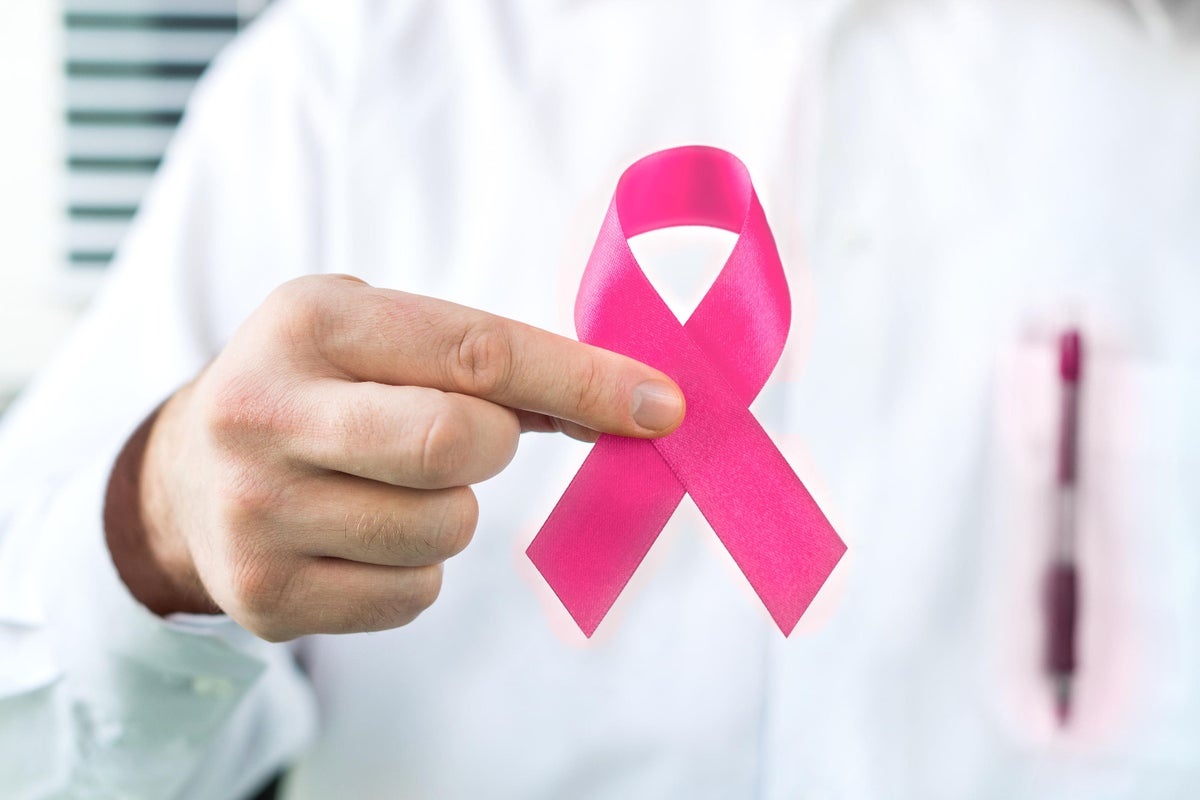
Being diagnosed with breast cancer is a distressing enough experience without the patient enduring the additional strain of financial concerns weighing on their mind while they undergo treatment or attempt to manage their recovery.
Fortunately, there is help available to support sufferers through their ordeal and relieve at least some of the considerable emotional burden involved.
Here is a brief introduction to the range of support measures on offer.
Statutory Sick Pay (SSP)
If you are in employment at the time of your diagnosis, you may be entitled to SSP for up to 28 weeks.
You are advised to check your employment contract or speak to your company’s human resources department for more information.
Benefits
Depending on your age, income, savings and National Insurance contributions, you may also be entitled to claim state benefits to help lighten the load.
According to Breast Cancer Now, those diagnosed in England, Wales and Northern Ireland may qualify for the following benefits, depending on their circumstances:
- Employment and Support Allowance (ESA) or Universal Credit (UC)
- Housing benefit or Universal Credit
- Working Tax Credit or Universal Credit
- Child Tax Credit or Universal Credit
- Personal Independence Payment (PIP)
- Attendance Allowance (AA)
In Scotland, patients may be eligible for the following:
- Employment and Support Allowance or Universal Credit
- Housing benefit or Universal Credit
- Working Tax Credit or Universal Credit
- Child Tax Credit or Universal Credit
- Adult Disability Payment (ADP)
- Attendance Allowance
To establish which of the above you might be entitled to, you can use the benefits calculator on the UK government website, where you can also find out all you need to know about the payouts.
It is also worth noting that anyone diagnosed with secondary breast cancer in England, Wales or Northern Ireland might be entitled to claim PIP or AA under special rules, granting them a higher rate faster if their doctor completes a form known as DS1500 acknowledging that the patient is believed to have no longer than six months left to live.
If they are thought to have 12 months left to live, their doctor can complete another form, SR1, enabling them to enter a claim for ESA or UC instead.
The rules are different in Scotland, where those diagnosed with secondary breast cancer could find themselves entitled to receive ADP, although that is based on a doctor’s expert judgement alone and not on anticipated timings.
Physicians claim these on their patient’s behalf by completing a form known as BASRiS for those under state pension age and DS1500 for those over.
For further help in tackling the complex world of benefits claims, you are advised to seek expert advice, with free support on hand from Macmillan on 0800 808 0000 and Citizen’s Advice via its website.
Critical illness cover
Some insurance policies or employee benefit programmes might include critical illness cover, which pays out a tax-free lump sum to help sufferers with the costs of treatment.
If you are unsure as to whether this might be available to you, check with your insurance provider or with your work HR department.
Alternatively, you can seek advice from Macmillan via the number provided above.
Parking permits, prescriptions and prostheses
Other help is available, including Blue Badge parking permits, which those with primary breast cancer may be entitled to if their condition proves to impede their mobility.
Those with the secondary form of the condition may also qualify if they suffer from fatigue and pain arising from their ailment.
Blue Badges need to be renewed every three years and can be applied for in England and Wales via the UK government website or in Northern Ireland here and in Scotland here.
Free prescriptions are made available to all cancer sufferers in England – you just need to apply for an exemption certificate, known as an FP92A, from your GP or treatment team. This will mean you do not have to pay for medical prescriptions for five years.
You can apply to renew beyond that period if you are still suffering from the disease, it has a lasting impact on your health or experience side effects of treatment.
Those aged over 60 do not have to pay for NHS prescriptions and cancer sufferers who are charged for medication while waiting for their certificate to be processed should ask the pharmacy in question for an NHS receipt when paying in order to enable them to apply for a refund later.
In Wales, Northern Ireland and Scotland, prescriptions are free.
For more information on applying for help with the cost of wigs, post-surgery and mastectomy bras and breast prostheses, you can visit the relevant pages of Breast Cancer Now’s website.
Carer’s Allowance
Anyone looking after someone receiving treatment for cancer may be entitled to financial support depending on their circumstances. More details can be found on the UK government website.







